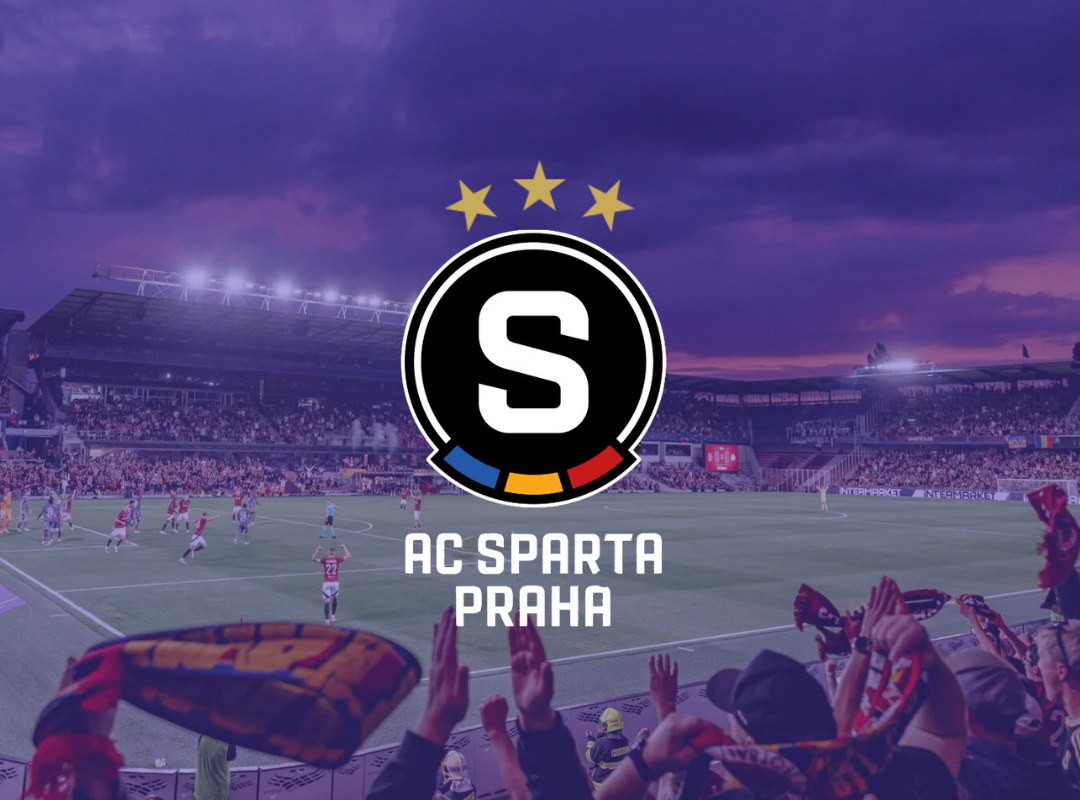Toxicity is no longer a fringe issue in football. It lives in the replies, floods matchday posts, and lurks under player announcements. Clubs are no longer just competing for points on the pitch – they’re also fighting for brand safety and fan well‑being online. In Czech football, several clubs have started to act.
AC Sparta Praha, one of the country’s most historic clubs, has started tackling the problem head‑on by teaming up with Czech moderation platform TrollWall AI. Their shared mission: to hide toxic comments, neutralise spam, and maintain a healthier digital space for fans, players, and sponsors alike.
Brand Safety Isn’t Just for Corporates
Roman Číhalík, Country Manager for TrollWall AI in the Czech Republic, spent much of his career in marketing and advertising. After the pandemic, his focus shifted toward projects with tangible social value.
“I strongly believe this topic is very important – we’re covering and supporting the work that should be done by the platforms. It’s necessary for society.”
Beyond sport, TrollWall AI supports a broad set of organizations: law enforcement and public authorities, national media, NGOs, Holocaust‑remembrance institutions, President Petr Pavel Office, and various government offices. “We cooperate with many companies, such as Erste Bank, Prague Airport, Czechoslovak Group, Fortuna, Czech Radio, the Czech police, and the Czech army. For them, it’s about brand safety and alerts about extreme comments. We also support NGOs like People in Need or UNICEF and institutions connected to Holocaust memory, because they face toxic and hateful attacks,” Číhalík says.
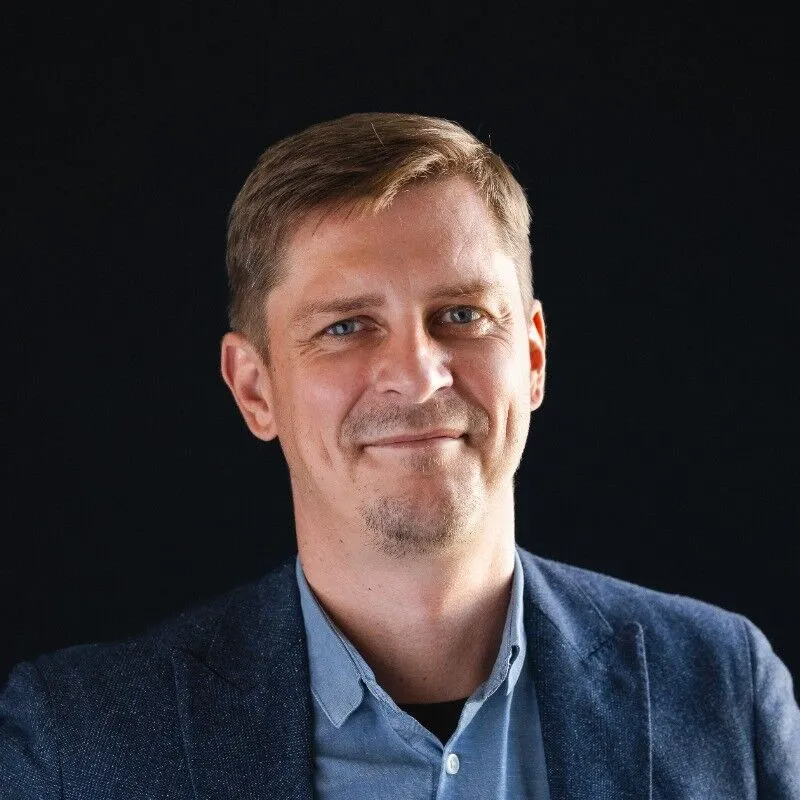
Football as a High-Risk Arena
When asked why TrollWall AI is relevant for football, Cihalik points to the intensity of fan reactions.
“Football naturally generates a huge volume of comments, especially after a loss. Critical opinions are part of the game - fans should and will express them. What we address is something different: the aggressive, vulgar, and deeply offensive language that crosses the line from criticism into toxicity,” explains Číhalík.
He adds that in markets like Germany or Austria, clubs already view football as entertainment and invest heavily in brand protection. Czech clubs are beginning to follow suit, opening new digital channels and paying closer attention to how their name appears online. “That’s why moderation becomes important. Not to silence debate, but to keep it constructive and protect the community from abuse.”
Sponsors are another part of the equation. “If a bank sponsors a club and sees its name next to toxic comments, they don’t want that association. Clubs risk losing sponsors if they don’t act,” he adds.
The Sparta Numbers
Sparta’s moderation data underlines how necessary digital protection has become.
In the first eight months of 2025, the club’s Facebook profile received nearly 90,000 comments. Approximately 20 % of them contained profanity, hate speech, or spam, and were immediately hidden by the moderation tool.
On Instagram, fans left nearly 23,000 comments, with fewer than 10 % removed. On certain days, the toxicity rate exceeded 60 % of all daily comments, typically in connection with match results.
“Sparta relies on TrollWall AI as its main moderation tool,” Číhalík notes. “We also see strong use of the one‑click Block function: people can still write, but their comments don’t appear. Sparta Praha is using this feature a lot.”
For Sparta, moderation is no longer a side task. It has become a pillar of how the club manages its digital community. Petr Horčička, the club’s Head of Content, explains that the goal is twofold: protecting fans while freeing up resources internally.
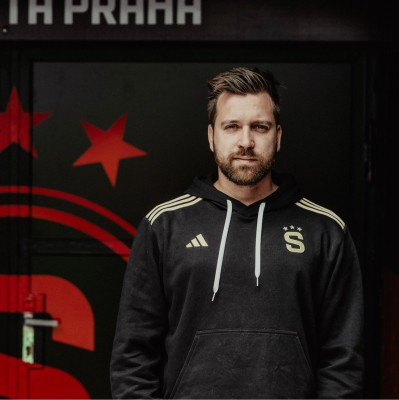
“Moderating discussions on social media is an important part of how we care for our fan community. With the help of a modern tool that leverages elements of artificial intelligence, we can quickly respond to toxic content, maintain an environment for constructive debate, and prevent the escalation of negative emotions. This ensures a safer and more pleasant space for our fans while significantly reducing the administrative burden on our communications team, allowing them to focus more on content creation and engaging with the fans,” Horčička says.
The scale is daunting. Sparta receives tens of thousands of comments each year, far beyond what could be handled manually. “Without an automated tool, it would be impossible to manage such a volume. Thanks to TrollWall AI, we’re able to instantly hide vulgar and hateful comments or spam.”
How TrollWall AI Works
Set‑up is quick. “It takes two or three minutes to join the profiles, and after that it’s starting to run,” says Číhalík. TrollWall AI supports Facebook and Instagram, with options to connect YouTube and TikTok. “We are finishing implementing the direct messages, so we will also be able to moderate this type of comments.”
Detection currently combines four pillars:
- Profanity – identifies crude or obfuscated slurs (the models learn creative spellings).
- Hate speech – semantic understanding of attacks against people or groups.
- Spam – especially links to illegal streams, ticket scams, or betting spam that flood matchday posts.
- Disinformation - domain filter (Czech/Slovak only) – hides comments containing listed domains.
“We are the owners of the language models; we own the data,” Číhalík adds. “The sensitivity for different languages is very high – that’s why our results are very good with satisfied clients.” While tuned to each profile’s home language, he says the system can “identify different types of languages and understand them.”
Moderation isn’t only about hiding content. Clubs can use an AI assistant to generate replies based on a curated knowledge base (FAQs, URLs, policy docs), and custom moderation guides are in development so teams can set their own rules for sensitive situations. “We have an active feature. You can build a knowledge database, and an AI assistant creates answers automatically. Instead of hiding a complaint, you can answer positively with the right information. The more you use it, the more it learns,” Číhalík says.
What Clubs Often Miss
For football organizations, spam is now as disruptive as outright abuse. “One of the biggest issues is not maybe the profanity… the main issue is the spam,” Číhalík says. “One to three hours before the match there appear a lot of URL addresses for live streaming somewhere else, or offers for tickets and money.” These waves not only drown out genuine fan conversation; they also conflict with sponsors and chip away at commercial trust.
So far, TrollWall AI moderates club profiles, but not individual players. This may change soon. “We are opening this topic with Sparta. Players, especially on Instagram, are also attacked after games. It’s very important for us to cover that,” Číhalík confirms.
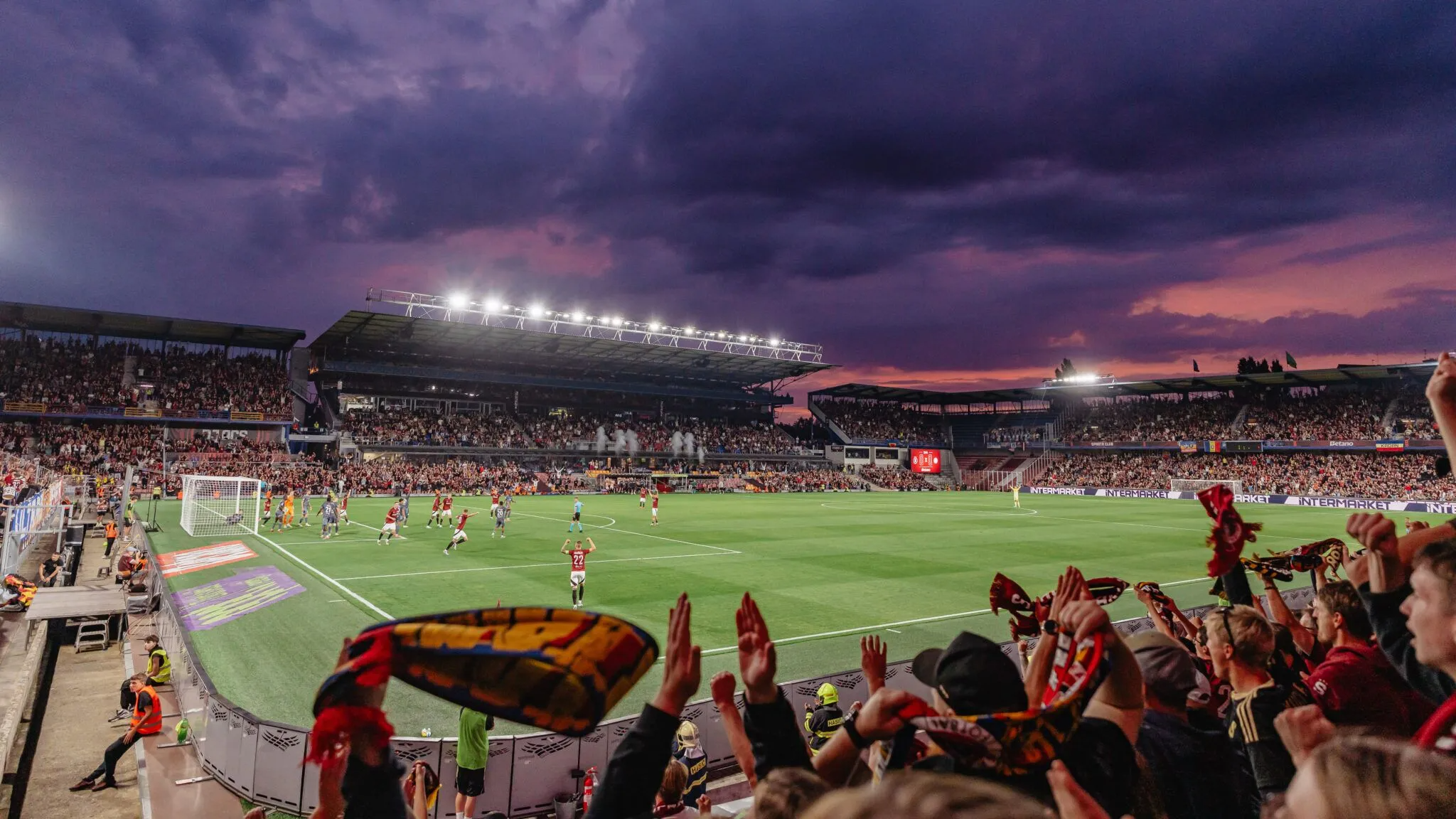
Behavior Change Takes Time
Sparta has used TrollWall AI only for a few months, so it’s early to measure cultural change. But Číhalík observes a clear pattern in longer engagements: “With clients one and a half year or two years, you can see the community is really changing. They have more people interested in the content and more clicks on the posts.” Real‑time hiding, he adds, “prevents the chain” of toxic replies.
Beyond the Czech Republic
The Sparta case is already influencing others. “Now we are in the testing part with clubs in Austria and have the first football client in Germany – VfL Osnabrück”, Číhalík says, signaling potential broader adoption across the region.
Advice for Clubs
Asked where clubs should start, Číhalík is clear.
“They need to change their mindset. If you are active on social media, you need to moderate comments. Many clubs don’t have time, money, or staff. But if they want to build the right community, they must do it. It’s also connected to sponsors and revenue. With TrollWall AI, it takes only minutes to set up. That’s the way forward,” he says.
________________________________
Sparta treats moderation as core infrastructure. Not an afterthought. The data shows why.
With TrollWall AI, the club reduces harm, protects partners, and gives supporters a better place to talk football. The next frontier brings player profiles and private messages into scope, then a wider rollout across Central Europe.
